Death is one of life’s biggest unknowns, and it’s natural to have fears about what happens in those final moments.
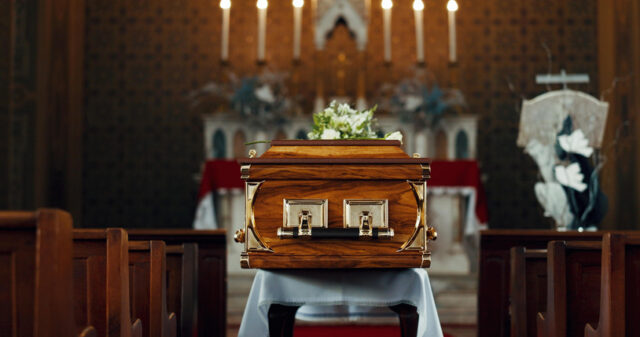
While some of the worries that consume us are rooted in the mystery of the process, many revolve around your body, mind, and the experience itself. Here are 17 common fears about dying that feel very real but likely won’t happen the way you imagine. No guarantees, of course, but definitely not worth losing sleep over while you’re still very much alive!
1. It will hurt the entire time.
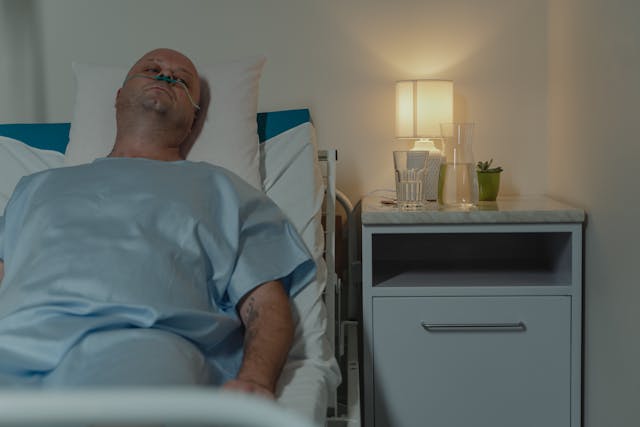
The fear of pain is one of the biggest worries about dying. While discomfort can be part of some conditions leading to death, medical advancements have made pain management highly effective. Many people pass away peacefully, especially under hospice care, where comfort is the top priority.
2. You’ll be fully aware but unable to move or speak.
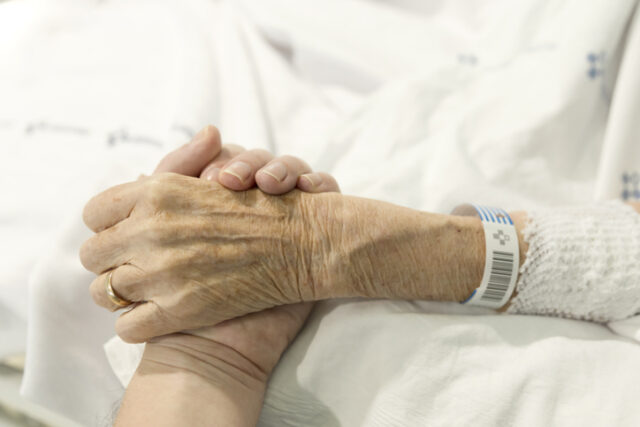
People often fear a state of “locked-in” awareness during death, unable to communicate while feeling trapped in their bodies. In reality, as the body shuts down, awareness tends to fade gradually, and medical care ensures dignity and relief from distress.
3. You’ll feel yourself being buried or cremated.
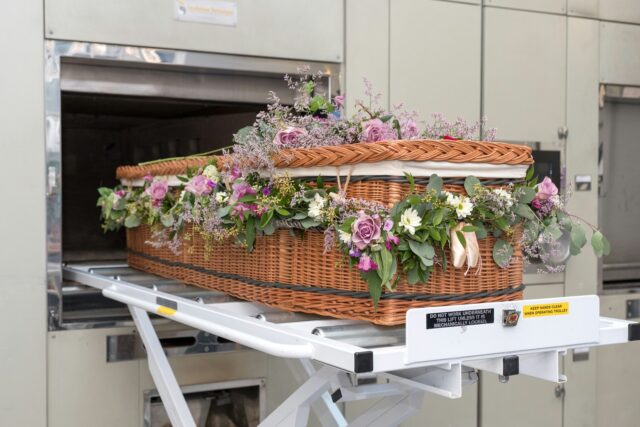
The idea of still being aware after death is a fear that lingers in the back of many minds. Fortunately, brain activity ceases shortly after death, making this impossible. Once you pass, your body is no longer capable of sensing anything.
4. Your breathing will feel like suffocation.

As the body nears the end of life, breathing patterns may change, which can look or sound unsettling to loved ones. However, people who are dying are often unaware of this and don’t feel like they’re suffocating. Medications are also available to ease any discomfort.
5. You’ll see something terrifying right before the end.
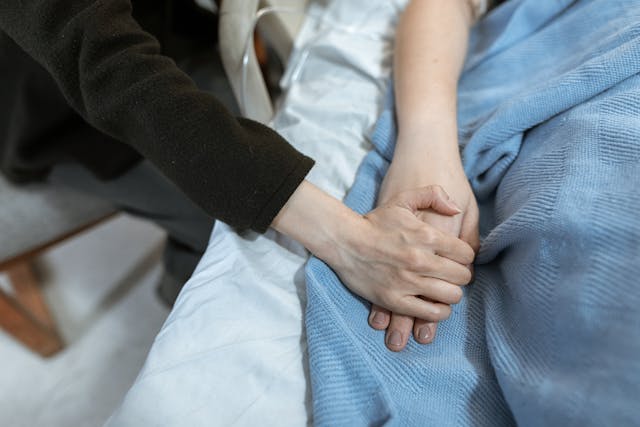
Some fear that the moments before death will bring frightening hallucinations or visions. In reality, people often report seeing comforting images or loved ones, and many simply drift into unconsciousness. Disturbing visions are uncommon and can usually be managed with care.
6. You’ll die gasping for air.
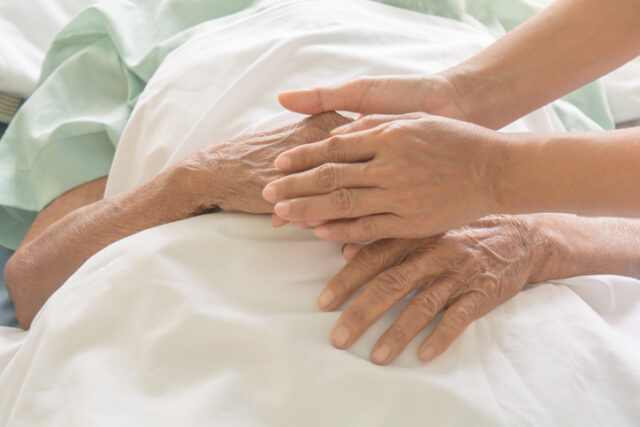
The fear of a dramatic, struggling end is common, but it’s rarely the case. Healthcare providers prioritise easing breathing difficulties, and many people pass in a calm, relaxed state. Breathing changes can look alarming, but they’re usually painless.
7. You’ll lose control of your body in an embarrassing way.
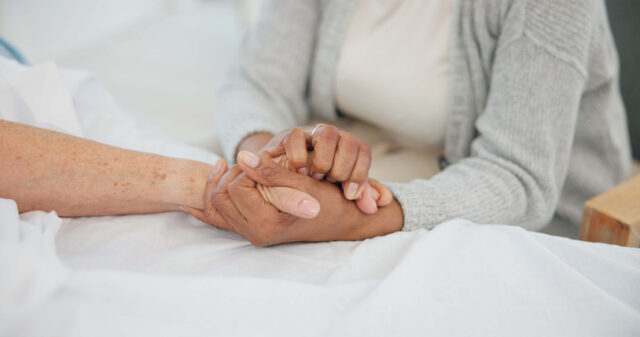
People worry about involuntary bodily functions, like releasing urine or bowels, after death. While this is natural, healthcare workers and professionals are prepared for it and handle it with discretion. It’s a normal part of the process and nothing to be ashamed of.
8. You’ll feel yourself slipping away.

The fear of being conscious during the transition from life to death can feel unsettling. However, most people lose awareness as the body begins shutting down, and the transition is often described as peaceful rather than alarming.
9. You’ll have regrets that hit you all at once.

Many people worry about a flood of “what ifs” and unfinished business in their final moments. But as death approaches, the brain tends to focus on immediate comfort and letting go. Regrets, if they surface, often fade into a sense of peace.
10. You’ll feel completely alone.

The fear of loneliness at the end of life is deeply human, but most people are surrounded by loved ones, caregivers, or supportive professionals. Even in cases where people are physically alone, many report a sense of calm rather than fear.
11. You’ll hear people grieving over you and feel guilt.

Some imagine being conscious of their loved ones’ pain and feeling powerless to comfort them. In reality, as awareness fades, these emotional ties loosen naturally, allowing the dying person to transition peacefully.
12. You’ll be trapped in a terrifying limbo.
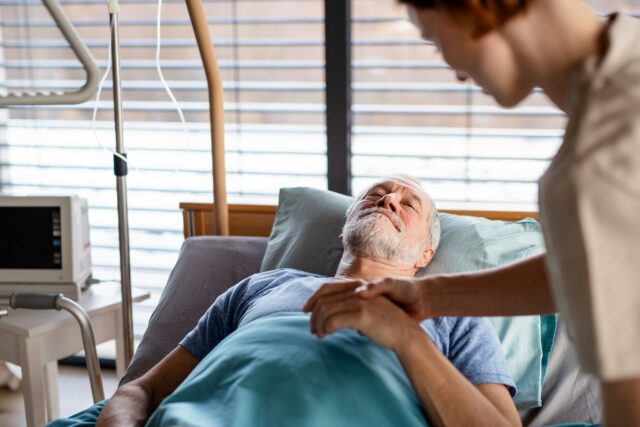
The idea of being stuck in an in-between state after death haunts many, but this concept is more a product of imagination than reality. Physically and mentally, the body and brain are no longer capable of perceiving fear or confusion once life ends.
13. You’ll realise you’re not ready.
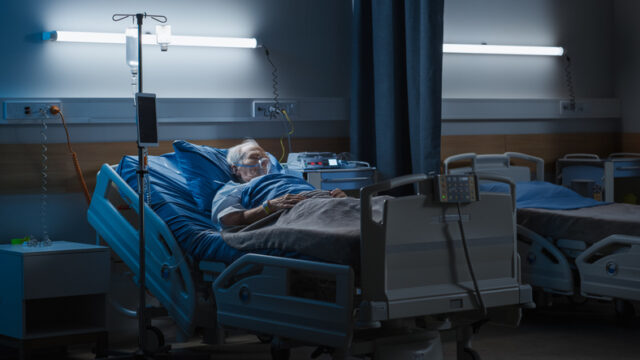
The fear of not being prepared to die is common, but many people describe a sense of acceptance in their final days or moments. The process of dying often brings a natural shift in focus, making the transition less jarring than it seems.




